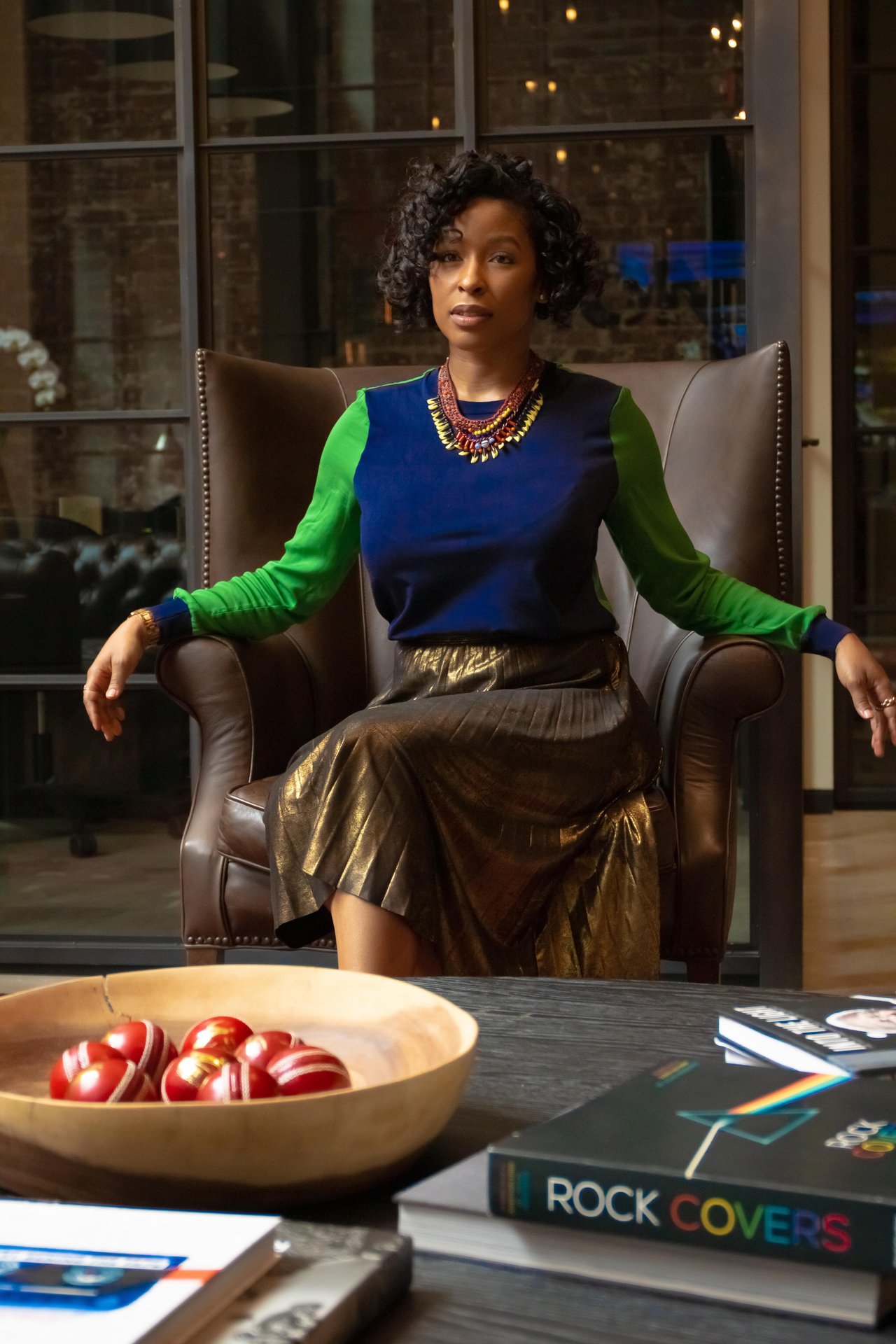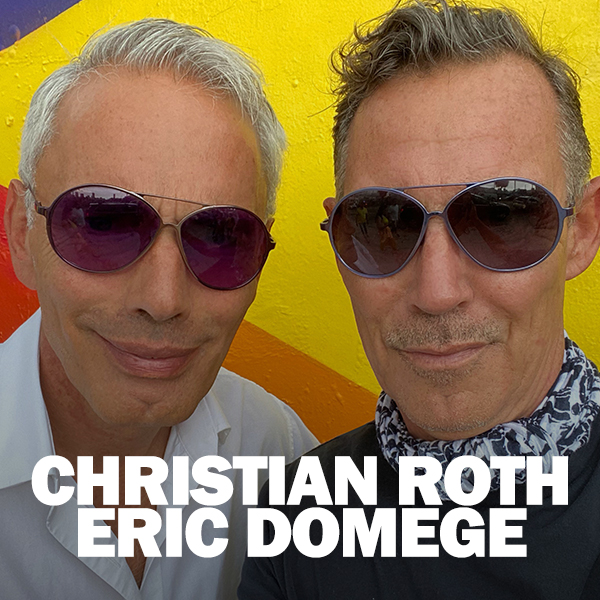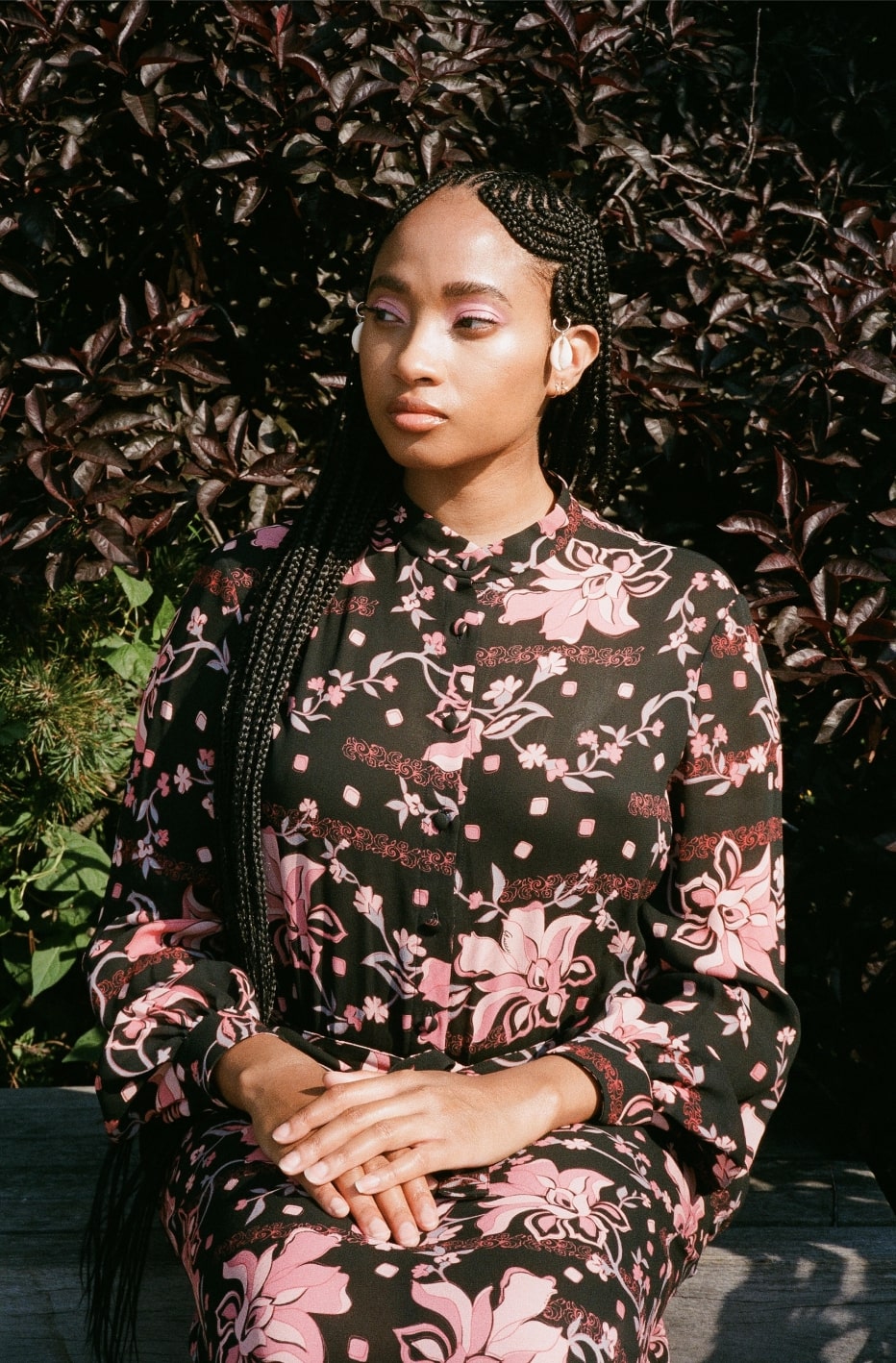Career Conversations: Delisha Fields, Director of Event Partnerships & Marketing at Forbes
June 24, 2021
Rashad Benton


From West Orange, NJ to Brooklyn, NY, Delisha Fields, Forbes’ Director of Event Partnerships & Marketing, has been a woman about town for the last decade. An expertise in event production and strategic planning has presented her with the opportunity of pitching out-of-the-box concepts to million-dollar brands. Her line of work doesn’t stop at the pitch; she’s been bringing these concepts to life, adding event producer to her resume as she uses events and digital content to create holistic programmatic experiences for brands. Fields initially envisioned life as a designer and took classes at Pratt Institute; before realizing she didn’t want to be at the forefront of a brand, instead the marketing brains behind it. Inspired by the great Linda Fargo of Bergdorf Goodman, she became interested in a career as a buyer, which led her to study Fashion Merchandising at LIM.
The behind-the-scenes aspect of being a buyer and sitting at fashion shows enticed her; it was the technical aspects and analytics that encouraged her to go in a different direction, and instead use her creativity and top-notch planning skills to execute high level events and marketing projects. Since 2011, she’s been convincing client upon client, with ease, to take her enormous ideas and turn them into reality. In 2020, she founded her own company, BLK GETAWAY, which she created out of love and hope for people of color to have access to the same opportunities and connections as she has had, killing that “imposter syndrome” notion.
As someone whose entire career thus far has been in marketing, what about the publishing industry attracted you?
When I finished college in 2011, it was all about publishing and magazines. If you wanted to be a part of the fashion industry, the Vogues, the Glamours… allowed you to get your foot in the door. That’s how most people started before they specifically went to the brand side, i.e., a Levi’s or any other in-house company like that. Not only was it a quick way to get me in the industry, but you also learn all aspects of the marketing and advertising industry. You work with a plethora of different clients in publishing. I’ve worked with the Remy Martins, LVs, and Grey Gooses of the world. Various brands in different categories have given me an excellent overview of how these companies run. Working with Spirits vs. Fashion vs. Automotive is entirely different.
When we first met, you were already an Associate Manager at GQ. Tell me what you were doing for the magazine at the time?
I was explicitly a part of the marketing division of GQ, and I worked with fashion, automotive, and spirits sponsors and advertisers. My team worked with any advertisers you saw/see in the magazine directly and worked to get them in the magazine. Say American Express came to us and says, “Hey, we want to partner with GQ, and we want to do eight pages in the magazine. What can you give us for giving you all this money for eight pages of advertising?” From that moment, I would say, “Hey, we can give you video, content series, custom event, and you can be a presenting sponsor at the GQ All-Star party.” Essentially my role was to pitch those clients these big ideas and execute them once they are sold.
As a woman, specifically a Black woman who’s been on a steady rise in your profession, what challenges do you feel you’ve faced?
I like this question because I’ve worked in publishing, f fashion and entertainment, and these are all entirely different fields. For the most part, the struggle for me is the intersectionality, sometimes the gaslighting. Not only am I a woman but a Black woman, so when it comes to valuing my expertise and understanding that I know what I’m doing, some of my non-Black colleagues aren’t as aware or appreciative of those things. My voice has been undervalued in the past as I’ve been working my way up. From experience, perhaps it comes from people being threatened by my knowledge or how I carry myself in the organization.
How’d you overcome them?
One thing I haven’t been afraid of doing throughout my career is speaking up and saying how I feel. Not in a disrespectful way where I’m feeding into some of the negative stereotypes that people already have about me as a Black woman but in a way where I’m not afraid to use my voice. Now with that said, I have to be ready for whatever repercussions come after that. The word gaslighting is relatively new to me because I hadn’t even realized it was a thing until recently, as my friends have started telling me about their not-so-fortunate times at their different companies. Gaslighting wasn’t in my vocabulary, but I let my colleagues know how I feel good, bad, or indifferent. I’ve had individuals get spicy with me, and since I’ve learned to set barriers very early.
At Live Nation, you worked as an Experiential Event Producer. How’d that differ from your marketing roles?
I was solely focused on events! I didn’t have to write anything, I didn’t have to pitch to clients, etc. Whereas, when I was in my marketing role at GQ, I focused on all aspects of marketing and execution. At Live Nation, it was solely events on the event partnerships team, so the same concept minus the marketing aspect.
You’ve not only been successful at legacy brands, but you set out and created your own business, BLK GETAWAY. What inspired you to create something of your own?
Honestly, it was my time throughout my career working and rising through the ranks in corporate America. Seeing how people who looked like me have little to no resources, even internally with the lack of mentorship. It’s likely that those who did have mentors; those mentors weren’t Black and weren’t going to understand your struggle and pain points. Even executives at the company networking events most likely aren’t prepared to help you get to the next level or aren’t available, you know.
There’s a lot of doors to knock on in corporate life as a Black professional. I wanted to create safe spaces and networking events where people could meet like-minded individuals and help each other. With BLK GETAWAY, we host group trips, we have a digital members network, and virtual events because of the pandemic. It’s for us to connect, meet and build together. It’s racial solidarity like they had back during Black Wall Street; we need to get back to that. I’m happy to say, so far, we’ve partnered with ZeBrand and Honey Social; we are looking to partner with other creative brands such as Hopin, Calendly, Bumble Bizz, etc. and financial partners that can help black creatives and entrepreneurs such as financial institutions, tech platforms, etc.
As a Black woman, I understand that my voice, expertise, and experience will be undervalued by some of my non-Black colleagues who aren't aware or appreciative of my knowledge.
After nine years of work experience, you’ve become the Director of Event Partnerships & Marketing at Forbes. How’d this opportunity come about? How’d you celebrate?
Forbes wanted an individual who had both marketing experience and event partnerships experience. My time at GQ prepared and put me in a small minority of people who knew both sides. I worked on everything from marketing and events for the brand. When I find out about this opportunity, I had the same reaction as I did with getting my role at GQ and Live Nation, which is, “okay, I’ve made it to this next goal. What’s next?” Obviously, I was very excited because I know Forbes, we all know Forbes, and it’s like, “okay, wow!”
It sounds self-explanatory, but what are you actually doing for the unfamiliar reader, and how challenging is it?
Love this question! For the unfamiliar reader, I work heavily with sponsors of Forbes to curate and execute events. Again, going back to my grassroots. Let’s say Remy Martin says they want to be a part of Forbes Under 30 Experience. From there, I say, “cool, here’s what I think you should do based on the new cognac you have coming out next month. This is what you should do; here’s the time and date; we can create some awesome custom out-of-the-box idea.” They then say, “We love it,” and after that, I work to make sure it comes to life in its entirety. I work with all the key players, so I’m like, “digital you need to do this, social you need to do that, print team we need this here.” The challenge is some of the internal communications and working with very different clients who have very different needs and perspectives. There’s a difference in working with a client who spent $200,000 vs. one who’s spent $2 million.
Can you offer any advice for those who have an interest in what you’re doing?
The first thing I will say is that you have to be willing to knock on doors and hustle. I know this new generation is different, but I’m big on if you’re knocking on the front door and no one is letting you in; then you need to be willing to go around the back, the side and do almost whatever you need to do to get in the place you want to be. Go hard for what you want, especially if you’re a minority or a person of color. Don’t rest on the notion that you need to know someone; go find somebody on LinkedIn. I will also say do not underestimate your opportunities because it may not be the sexiest name or brand out there, but it may give you precisely what you need at that moment.
Are you hiring?
Yes! Please come one; come all. Whether that’s for Forbes or BLK GETAWAY. Definitely reach out!
Now that you’ve reached this level of success, how are you giving back?
I’m looking into getting in mentorship for the next generation of event producers and fashion goers. I want to create a foundation, grants, and funding. I frequently speak at events and on panel discussions, and have done a few at LIM as a Board Member and Alum. I want to create equitable pathways and jobs for our people. I’m also working with Forbes to carve out their representation and inclusion efforts and making that a part of the company’s ecosystem.
Lastly, what is one thing you want people to know about you that you’ve never been asked or had a chance to speak to discuss?
On the surface, I’ve very passionate about creating equitable pathways for Black people, period! My priorities are to help my people because we haven’t and still aren’t afforded the job opportunities that I’ve been so blessed to have landed or that you have. Additionally, I’m my own biggest critic, and I never allow myself to sit in and enjoy that moment because I’m always thinking about what I could’ve done better and how I can level up. It’s that generational trauma that hasn’t allowed us to enjoy our moment.
WEB: Blkgetaway.com
IG (Personal): @delishafields
IG (Company): @blkgetaway
Photo by Alisha B. Photography

